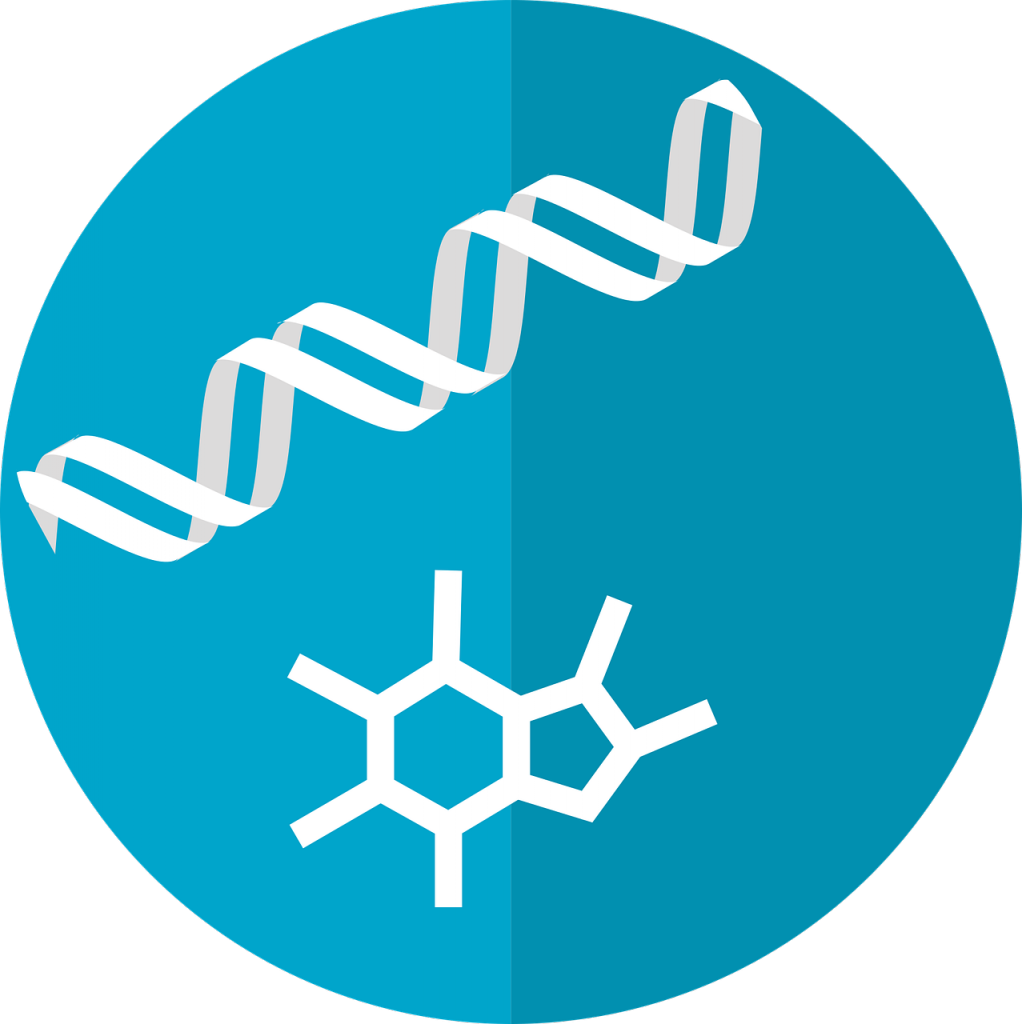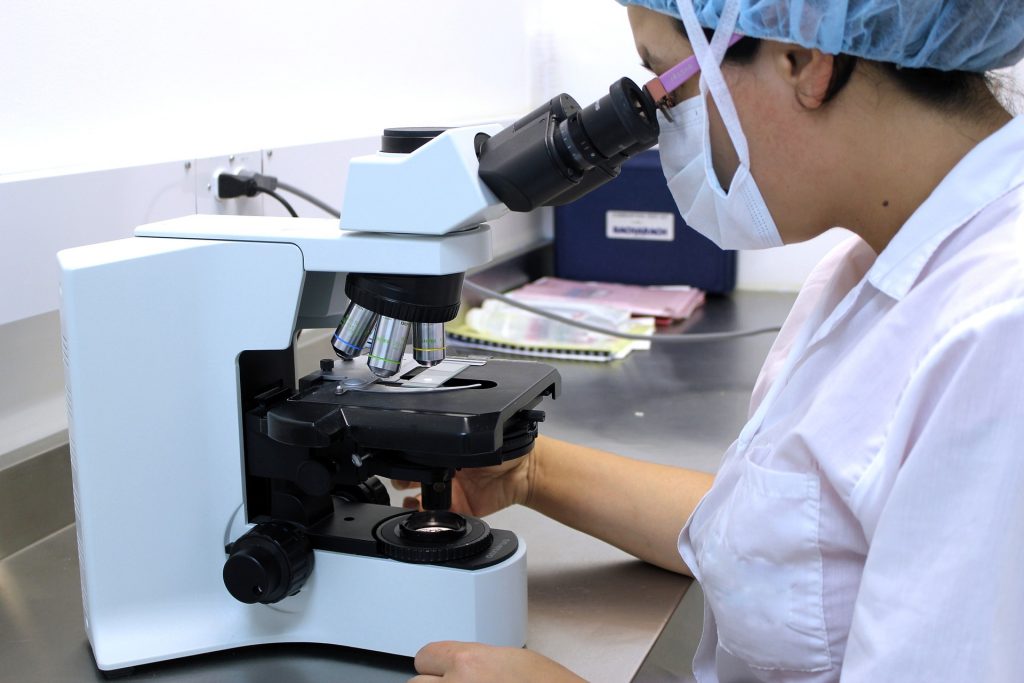Potential Biomarkers for Alzheimer’s Found in Saliva
A biomarker is any bodily substance that can be measured to confirm the presence of a disease or disorder. Researchers have long sought reliable biomarkers for Alzheimer’s disease by examining a wide variety of bodily materials and fluids (like blood, urine, and tissue biopsies), but most investigations have had little success to date. However, there may be hope for advancement on the horizon. New findings from the University of Alberta suggest that effective biomarkers for Alzheimer’s disease can be found within saliva, presenting a potential means for detecting the condition in its earliest form.
Investigating Metabolites

Image via Pixabay
Metabolism is the term used to describe the collection of chemical processes that sustain life in a living organism. Most people have heard of metabolism as it relates to the body’s ability to digest and absorb food, but it also includes a wide variety of chemical reactions resulting from things like tissue construction and cellular waste elimination. Metabolism produces a wide variety of chemical substances that are collectively known as metabolites, and the study of metabolites is called metabolomics.
For this study, researchers utilized powerful artificial intelligence (AI) methods to analyze over 6000 metabolites found in human saliva. They obtained the saliva samples from three groups of participants: 22 people with Alzheimer’s disease, 25 people with mild cognitive impairment (MCI), and 35 people who were cognitively normal. Comparing the groups revealed that 3 metabolites were significantly associated with the presence of Alzheimer’s disease.
A New Trail to Follow

Image via Pixabay
The scientists involved in this study note that the small sample size (only 82 total participants) means that their findings cannot be considered to be a definitive indicator of the link between Alzheimer’s disease and the identified metabolites, but it does set the stage for future studies to verify the connection. There are also some important questions that will need to be answered, such as:
- Why are these metabolites more common in the saliva of people with Alzheimer’s disease?
- Can they be used to predict the risk of developing the condition?
- Do they give us new options for new Alzheimer’s disease treatments?
- Will they allow us to diagnose Alzheimer’s disease earlier than is currently possible?
While any advancements resulting from this finding would be welcomed, the most exciting prospect could be the creation of a saliva test to diagnose Alzheimer’s disease early in its development. Ideally, the metabolites will be detectable during the preclinical stage of the condition, before any cognitive symptoms have appeared.
It is not currently possible to detect Alzheimer’s disease during the preclinical stage using biomarkers or any other method. Finding an easy and reliable means of doing so, such as with a saliva test, would allow researchers to learn much more about the disease in its earliest form. This type of advancement could then lead to the development of an effective early treatment or even prevention measures. As it stands, the best way to detect Alzheimer’s disease as early as possible is with a professional cognitive evaluation, like the one provided via the BrainTest® app.
